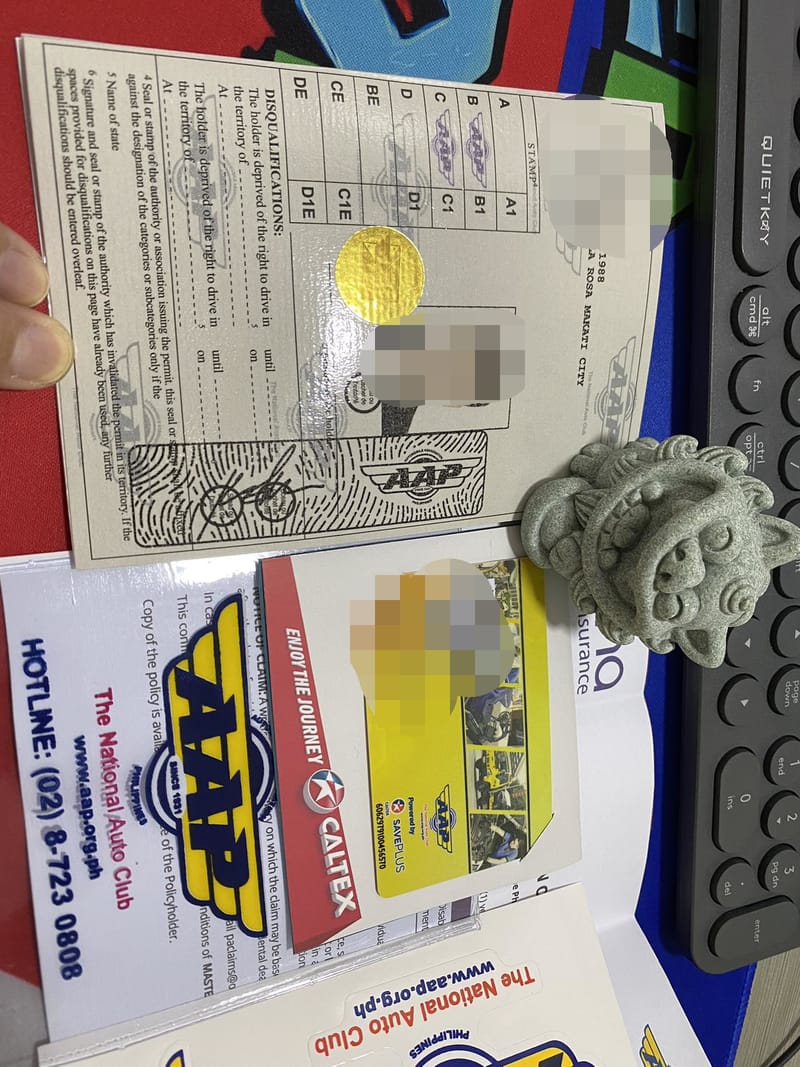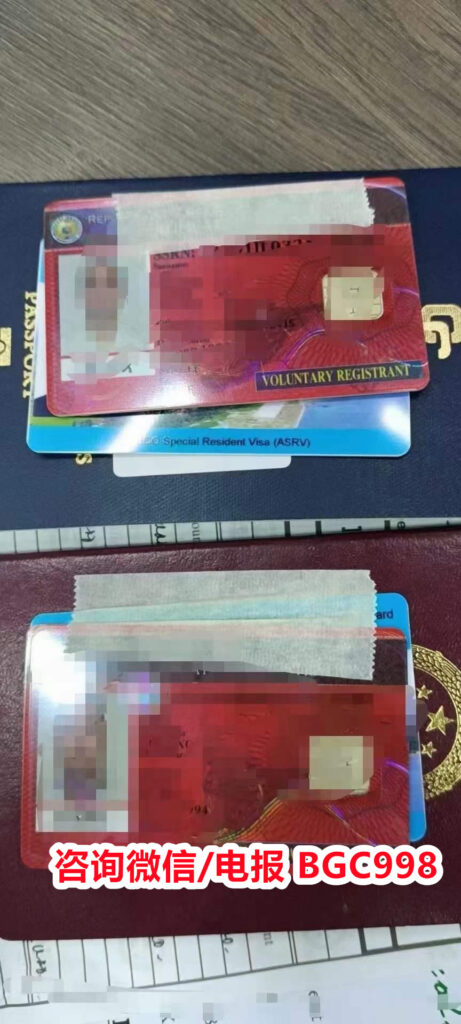Can a Philippines marriage visa (13A) holder access emergency healthcare anywhere in the country?

Can a Philippines marriage visa (13A) holder access PhilHealth benefits?
Yes, a foreign spouse who holds a Philippines marriage visa (13A) is eligible to register for PhilHealth, which is the national health insurance program. This system provides affordable healthcare coverage, including hospitalization, outpatient services, and certain medical treatments. For many foreign residents, PhilHealth is a major advantage because it reduces medical costs significantly compared to paying out-of-pocket. Enrollment is simple, and once registered, a 13A holder can use PhilHealth benefits in accredited hospitals and clinics across the country. While PhilHealth does not cover every medical procedure, it is an important first line of protection, especially for emergencies. Many 13A holders also combine PhilHealth with private health insurance for more comprehensive coverage. Having permanent residency ensures that they can continuously renew their PhilHealth membership, unlike temporary visa holders who may not qualify.
Can a Philippines marriage visa (13A) holder buy private health insurance?
Yes, private health insurance is available to foreign spouses holding a Philippines marriage visa (13A). In fact, permanent residency makes the application process smoother since insurance companies prefer clients with legal, long-term status. Private health insurance provides wider coverage than PhilHealth, including international hospital access, specialist consultations, dental care, and even evacuation services if needed. Many global insurance providers operate in the Philippines, offering plans tailored for expatriates and retirees. The cost of insurance varies depending on age, health condition, and coverage level, but it is usually more affordable than in Western countries. For families, combining PhilHealth with private insurance offers a strong safety net. The 13A visa’s stability ensures that foreign spouses are not restricted from renewing policies, making it a secure way to plan long-term healthcare.
Can a Philippines marriage visa (13A) holder use public hospitals?
Yes, foreign spouses with a Philippines marriage visa (13A) can access public hospitals just like local citizens. Public hospitals are generally more affordable, especially when combined with PhilHealth coverage. However, the facilities may be crowded, and waiting times can be long, particularly in urban areas like Metro Manila. For emergencies and basic healthcare, public hospitals are reliable, but many 13A holders prefer private hospitals for faster service and better facilities. Still, the fact that 13A visa holders are permanent residents ensures that they are not restricted from public health services, which can be crucial during unexpected medical situations. Some couples choose to balance both—using public hospitals for minor treatments and private hospitals for specialized care. This flexibility is possible only because the 13A provides legal access without the fear of overstaying or losing residency rights.

Can a Philippines marriage visa (13A) holder bring foreign medication into the country?
Yes, a foreign spouse with a Philippines marriage visa (13A) can bring prescribed medication from abroad for personal use, as long as it complies with Philippine customs and FDA regulations. Many 13A holders depend on maintenance medicines for conditions like hypertension, diabetes, or heart disease. To avoid issues, they must carry a doctor’s prescription or medical certificate when bringing medicine in through airports. Some drugs available abroad may not be sold in the Philippines, making this allowance very important. The 13A visa ensures that the foreign spouse can legally remain in the country and manage their health with continuity of treatment. Some choose to import medicine regularly, while others transition to locally available brands. Permanent residency provides the stability needed to coordinate long-term healthcare and secure access to essential medicine.
Can a Philippines marriage visa (13A) holder get vaccinated in the Philippines?
Yes, vaccination services in the Philippines are available to 13A marriage visa holders. Public health centers often provide free or low-cost vaccinations for children, while adults can access vaccines for flu, COVID-19, pneumonia, hepatitis, and more through both public and private hospitals. Having a 13A visa simplifies the process since proof of legal residency is sufficient for registration in local clinics. This ensures that foreign spouses can maintain their health protection without needing to travel back to their home country. Some private hospitals also offer international-standard vaccines, which are popular among expatriates. Vaccination access is an important aspect of healthcare, particularly for families raising children in the Philippines. The 13A visa gives foreign spouses the security of long-term access to these health services, helping them integrate fully into the healthcare system.
Can a Philippines marriage visa (13A) holder receive senior citizen health discounts?
Not directly, since senior citizen discounts in the Philippines are limited to Filipino nationals aged 60 and above. However, a foreign spouse with a 13A visa can still benefit indirectly. For example, if their Filipino spouse qualifies for senior citizen privileges, the family’s overall medical expenses may be reduced. In addition, some hospitals and clinics extend courtesy discounts to foreign retirees who hold permanent residency, especially in private healthcare facilities. While the law does not mandate such benefits for foreigners, the long-term presence of a 13A holder in the country often earns them goodwill and preferential treatment in certain communities. Retirees with a 13A can also combine PhilHealth, private insurance, and foreign pension benefits to achieve similar savings, even without official senior citizen status.
Can a Philippines marriage visa (13A) holder access emergency healthcare anywhere in the country?
Yes, emergency healthcare is accessible to all residents, including foreign spouses with a Philippines marriage visa (13A). In urgent situations, hospitals are required to provide immediate treatment regardless of nationality or ability to pay. Having permanent residency helps simplify admissions and billing since the hospital can recognize the patient’s legal right to remain in the country. For 13A holders, it is advisable to carry their ACR I-Card and PhilHealth card (if registered) to speed up the process. Emergency care is available in both public and private hospitals, with private facilities generally offering faster and more advanced services. Since the Philippines is an archipelago, having access to emergency care also means considering air evacuation insurance for remote areas. The 13A visa ensures that foreign spouses are not treated as temporary visitors but as permanent residents entitled to essential healthcare when it matters most. ★
针对以上话题您是否想了解更多?欢迎联系我们咨询
English/Tagalog Inquiries:
WeChat: dpylanayon
Telegram: @Diadem_Pearl
EMAIL: dplanayon.royalewonders@gmail.com
VIBER: +63 939 526 6731 / +63 917 652 3432
WhatsApp / PHONE: +63 917 652 3432
中文咨询
微信:BGC998 电报 @BGC998 或 微信:VBW333 电报 @VBW777
菲律宾998VISA是菲律宾MAKATI实体注册公司,在菲律宾已有超过19年服务经验,客户隐私安全保护服务可靠,业务提交可安排工作人员上门取件或前往我们办公室提交。菲律宾政策时常变化,且信息发布有时间差,有需要相关业务最新资讯欢迎联系我们。
欢迎关注我们的电报 TELEGRAM 频道
998官方资讯频道 @FLBYM998
日常案例分享频道 @FLBYM998CASE